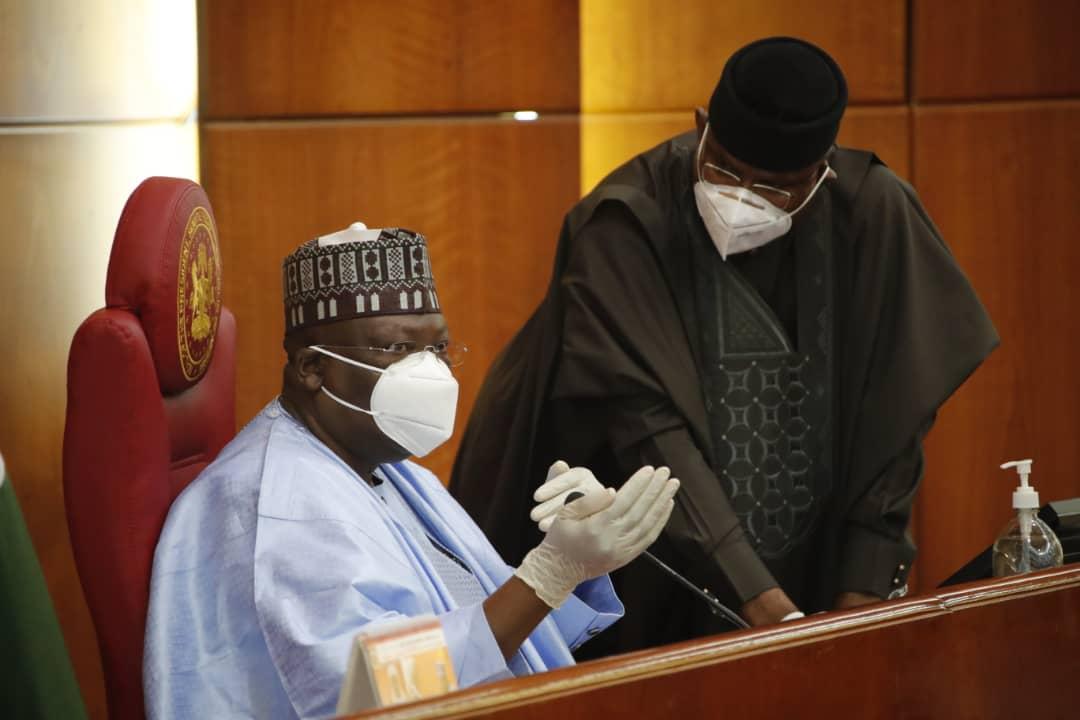He directed the committee, which task, among others, was “to determine the levels of encroachment”, to carry out its assignment “with dispatch”.
According to a statement by his Senior Special Assistant on Media and Publicity, Mallam Garba Shehu, the President’s directive followed his approval of the recommendations of the committee chaired by his Chief of Staff, Prof. Ibrahim Gambari.
Among others, the committee had recommended the collection of field data collection on 368 Grazing Reserves across 25 states to assess encroachment and encroachers, stakeholder engagements and sensitisation.
The Committee also recommended production of maps and geo-mapping/tagging of sites, analysis of findings and report preparations as well as design appropriate communication on Grazing Reserves and operations.
The number of the Grazing Reserves and States were deduced from considerations of existing security concerns and other pre-existing socio-economic conditions.
The President directed that the assignment be undertaken with dispatch to bring more understanding on the Grazing Reserves, and implementation.
Members of the committee include Kebbi Governor and Vice Chairman, National Food Security Council, Abubakar Atiku Bagudu; Ebonyi Governor and Chairman of NEC Sub-Committee for National Livestock Transformation Plan, David Umahi; Minister of Water Resources, Suleiman Adamu; Minister of Agriculture and Rural Development Sabo Nanon; Minister of Environment, Dr. Mohammad Mahmood Abubakar and Deputy Chief of Staff, Ade Ipaye.
The Technical Sub-Committee consists of representatives from the seven members of the main committee in addition to representatives from Ministry of Justice, Surveyor General of the Federation, National Agricultural Land Development Authority (NALDA) and National Space Research Development Agency (NASRDA).
Among its Terms of Reference, the Committee was to collate from states and confirm the status of all Grazing Reserves, assess the percentage of available land and those with existing encroachment complications for case-by-case resolution in partnership with state governments and the FCT.
The Committee will also make recommendations for gazetting of ungazetted Grazing Reserves and create a data base of National Cattle Herders and ensure that Grazing Reserves are well communicated to all stakeholders.
The inaugural meeting of the Committee held on May 10, 2021.
– The Nation






2 Comments